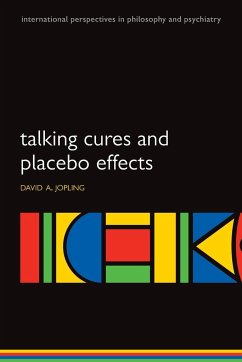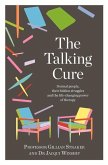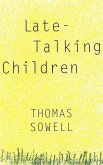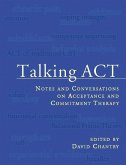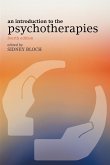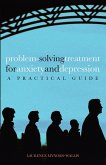Psychoanalysis has had to defend itself from a barrage of criticism throughout its history. Nevertheless, there are many who claim to have been helped by this therapy, and who claim to have achieved genuine insight into their condition. But do the psychodynamic or exploratory psychotherapies - the so-called talking cures - really help clients get in touch with their "inner", "real" or "true" selves? Do clients make important discoveries about the real causes of their behaviours, emotions, and personalities? Are their insights, and the psychodynamic interpretations offered them by their psychotherapists, true? Many think so. Talking Cures and Placebo Effects contests this view. It defends the unpopular hypothesis that therapeutic changes in the psychodynamic psychotherapies are sometimes functions of powerful placebos that rally the mind's native healing powers in much the same way that placebo pills rally the body's native healing powers; and that psychodynamic insights and interpretations are themselves placebos. Few clients know this, and fewer still are informed of the potential placebo effects at play in exploratory psychotherapy, and of the consequent risks of self-misinterpretation and self-deception. Thus does Talking Cures and Placebo Effects target a host of problems that lie at the very intersection of the epistemology, ethics, scientific status, and public accountability of the talking cures.
Hinweis: Dieser Artikel kann nur an eine deutsche Lieferadresse ausgeliefert werden.
Hinweis: Dieser Artikel kann nur an eine deutsche Lieferadresse ausgeliefert werden.

